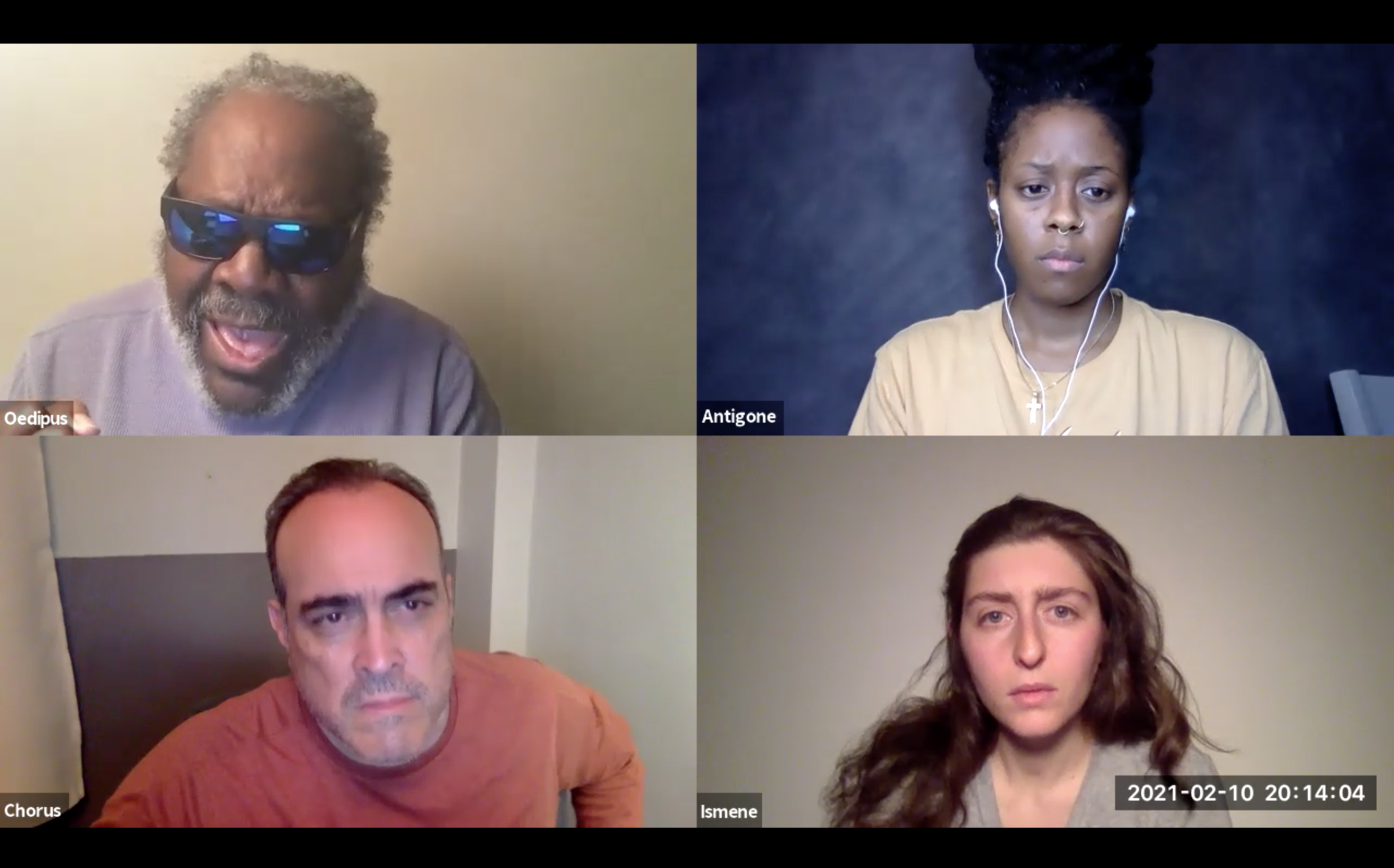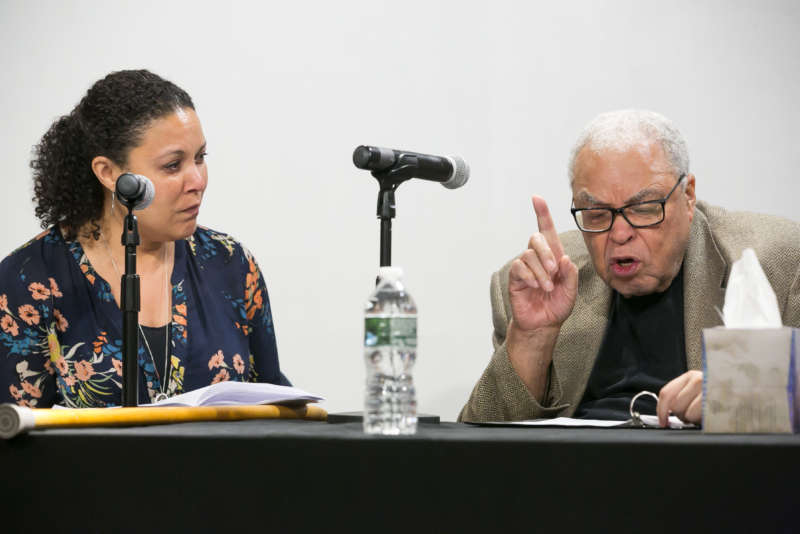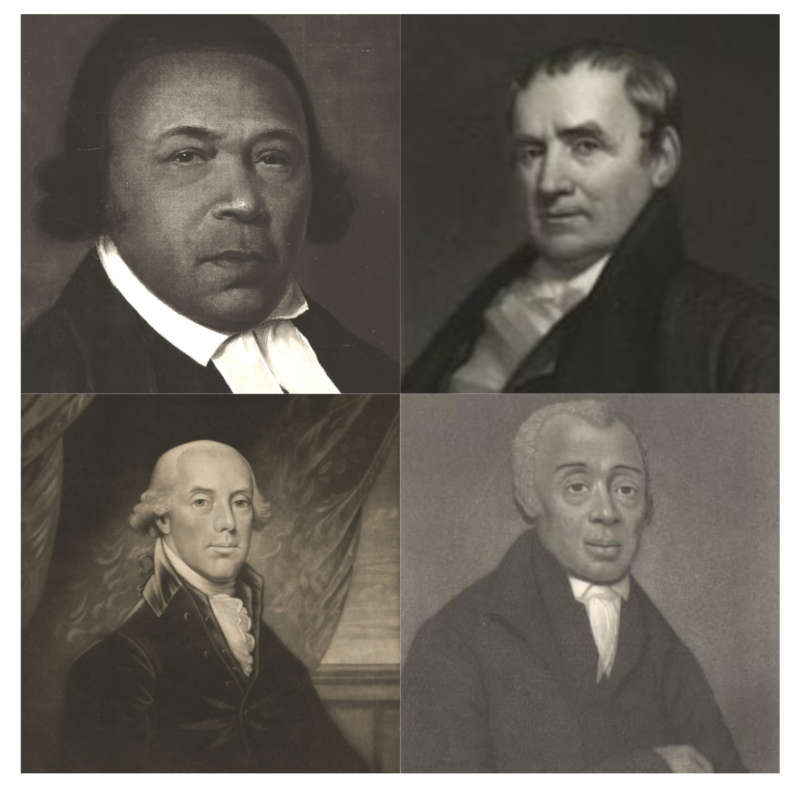About the project

The Oedipus at Colonus Project presents readings of scenes from Sophocles’ final play, Oedipus at Colonus, as catalyst for powerful, community-driven conversations about homelessness, the immigration and refugee crisis, and the challenges of eldercare during and after the pandemic.
About the play
-
Oedipus at Colonus by Sophocles
After years of wandering in exile, without shelter or protection, the blind, elderly beggar Oedipus stumbles upon the sacred grove of the Furies on the outskirts of Athens in an area called Colonus, with his daughter Antigone by his side. Upon discovering where they are, Oedipus reveals that an oracle has foretold he will finally find refuge and rest in Colonus, and Oedipus’ body—after he is dead—will protect the city that houses it for all time. No longer the polluted and banished man, whose very presence brings bad fortune to anyone who comes in contact with him, over the course of the play, Oedipus transforms into a holy suppliant, sacred to the gods, bestowing gifts upon those who show him compassion and mercy. Oedipus at Colonus interrogates the impulse to exile, warehouse, and dehumanize people seeking shelter, asylum, and protection, and explores why showing reverence and respect for the less fortunate always makes communities stronger.
Explore Projects
-
 Caregiving & DeathKing Lear Project
Caregiving & DeathKing Lear ProjectThe King Lear Project presents streamlined readings of scenes from Shakespeare’s King Lear to engage diverse audiences—including older adults, caregivers, and family members—in open, healing, constructive, discussions about the challenges of aging, dementia, and caring for friends and loved ones.
-
 Political ViolenceActs of Violence
Political ViolenceActs of ViolenceActs of Violence presents scenes from Seneca's Thyestes, a Roman tragedy that was written during the gruesome reign of Nero, as a catalyst for town hall discussions about the impact of political violence upon individuals, families, caregivers, health and human rights advocates, communities, and nations.
-
 RacismA REFUTATION
RacismA REFUTATIONA REFUTATION presents dramatic readings by acclaimed actors of excerpts from two conflicting historic accounts of Philadelphia’s 1793 yellow fever epidemic as a catalyst for guided audience discussions about health inequities in America today, grounded in the perspectives of nurses, caregivers, and first responders.